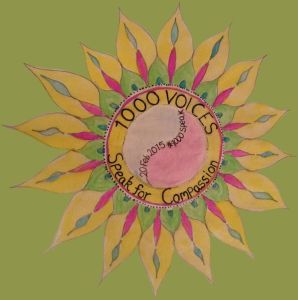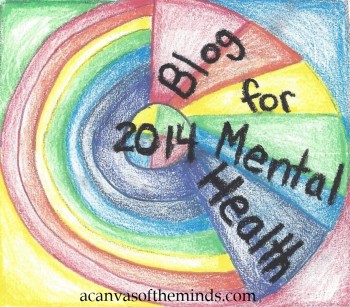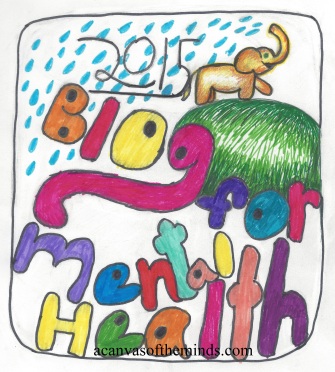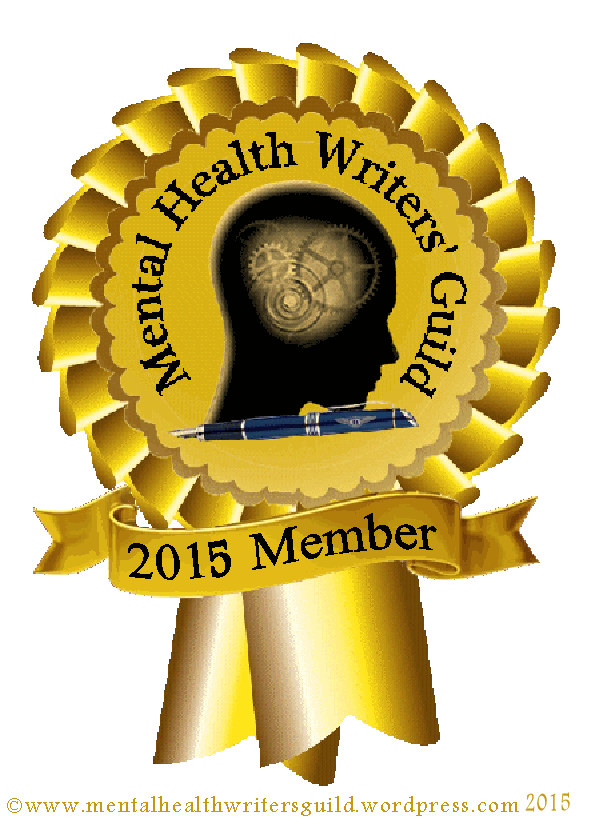Have you ever noticed how you can experience two things at the same time that seem contradictory? If you have, you probably berated yourself for being irrational. At least that’s what I always do.
Take my last post on being indispensable, for example. I confessed to all kinds of things that I do in relationships that don’t make any sense. I know I can’t be all things to all people, but I try to do it, anyway. I feel this anxiety in the pit of my stomach about a guy, and I do everything I can to be in a relationship with him. I am devastated when the relationship ends, even though I’m not sure I liked him that much to begin with.
I know it’s not just me. I had 2 clients last week who were beating themselves up for similar things. But as a therapist, I’m much wiser than I am in real life. As a therapist, I tell them that we can experience things that seem mutually exclusive at the same time. People can love you and still make choices that they know will hurt you. You can be afraid, but you can still take a risk. You can be grateful for all of your blessings and still have a right to be sad.
People are complex. We are a mix of loving and hateful feelings. We are both selfish and unselfish. Good and bad. In fact, if you know someone who only seems to be on one side of the good/bad continuum, you probably don’t know them very well.
I just went to lunch with a friend who told me that she was catching up on my blog and realized how little she knew about me. I told her it’s because I’m good at hiding how I feel, which I’ve always taken pride in. But I don’t think it’s such a good thing any more, which is why I blog about honesty.
But my friend pointed out that it can be a good thing and that she was glad that I seem happy and together; it helped her to accept the other things about me. Which seemed insulting at first, but I think I get it.
If my weaknesses were the only things people knew about me, I probably wouldn’t get as many comments about being courageous and honest. I would probably be judged more harshly, fair or not.
But I am not just those things. I am also relatively well-adjusted. I am also someone who strives to be a better person. I am also someone who shares my vulnerabilities so that other people can feel normal.
I am a walking contradiction. I am the entire spectrum. Strengths and weaknesses. Crazy and normal. Perfect and flawed, all at once. And so are you.
I have to admit, even as I write this, I still don’t love all of the contradictions that make me who I am. But at least it gives me lots of material to blog about.
















